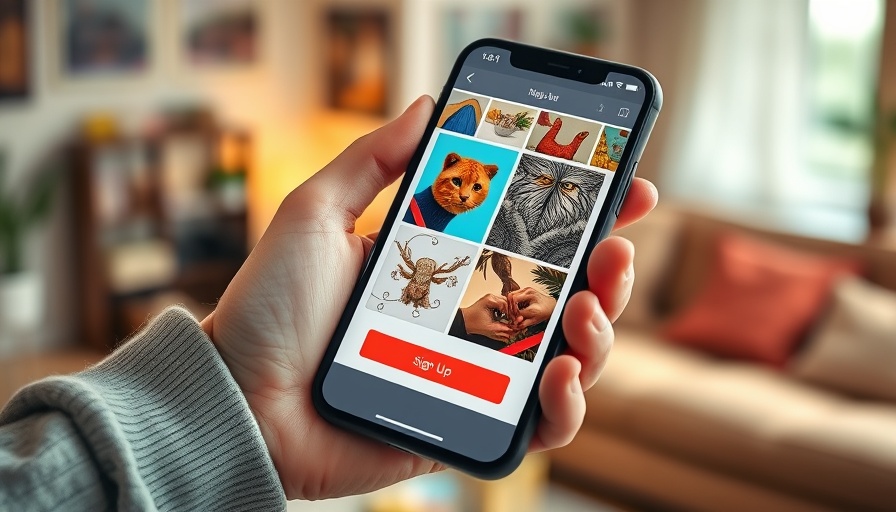
Understanding AI NSFW Image Generators: An Overview
In an age where technology reshapes our boundaries, AI NSFW (Not Safe for Work) image generators stand at the forefront of artistic exploration. These tools serve as rapid digital artists, generating imaginative, often provocative imagery based solely on user prompts. With declining societal taboos surrounding such expressions, alongside rapid advancements in AI capabilities, these generators are experiencing unprecedented popularity.
Why the Sudden Surge in Popularity?
The appeal of AI-generated NSFW art connects deeply to the human experience. People have always turned to art to explore their desires and fantasies—whether through classic painting or modern digital media. Recent statistics show that use of AI in creative sectors continued to climb, surging by over 250% from 2022 to 2024.
This growth likely stems from a combination of factors, primarily the democratization of technology, allowing anyone to craft stunning visuals without requisite skillsets or materials. Moreover, the desire for privacy when exploring personal fantasies drives users toward tools that promise no registration or filters. Having uncensored access allows users to feel liberated while engaging in creative endeavors.
The Value Proposition: Free, Unlimited, and Uncensored
One of the most significant draws of these AI platforms is the claim to be free and unlimited. However, potential users remain wary, as many sites often backtrack on that promise. Users commonly find themselves navigating various paywalls or sign-up hurdles that detract from the excitement of using these innovative tools.
Yet, among the noise, there are genuinely free and uncensored options like MyDreamCompanion and Promptchan that prioritize user experience. Here’s what users can expect from these platforms: they typically allow several image generations a day, fostering a creative and unbounded environment while still being mindful of usage to prevent server overload.
Ethical Considerations in AI-Generated Content
As tempting as it is to indulge in the artistic freedom these tools offer, ethical implications must also be taken into account. Several experts raise concerns about consent, copyright infringement, and the portrayal of subjects within AI-generated artworks. When conjuring images that may depict real people or sensitive themes, understanding the potential for misuse becomes crucial.
The conversation around AI’s role in shaping artistic expression cannot ignore the impact these technologies may have on societal norms and the ethical standards governing them. As we leverage these powerful utilities for creativity, the necessity for robust frameworks to regulate their use—especially in adult contexts—grows increasingly pressing.
Future Opportunities: Navigating the AI Landscape
Looking forward, the landscape surrounding AI NSFW image generators is bound to evolve. Policymakers and technologists must strive to strike a balance between innovation and user safety, particularly around the supervision of AI outputs and their place in society. With the potential for AI to decentralize creativity and empower personal expression, embracing these tools responsibly may yield exciting new forms of artistry.
As AI technology continues to advance, the lingering questions of effectiveness, ethical deployment, and privacy considerations will serve as crucial pillars for responsible use in the art world. Practitioners and enthusiasts alike must engage in these discussions proactively, ensuring that the benefits of AI align with the values we wish to uphold in society.
A Call to Explore Responsibly
If you're interested in diving deeper into the world of AI tools, whether for artistic expression or business strategies, now is the time to explore responsibly and ethically. The future of digital creativity is not just about unleashing technology; it's also about ensuring that our engagements—artistic or otherwise—honor the principles of fairness and respect within our communities.
 Add Row
Add Row  Add
Add 




Write A Comment